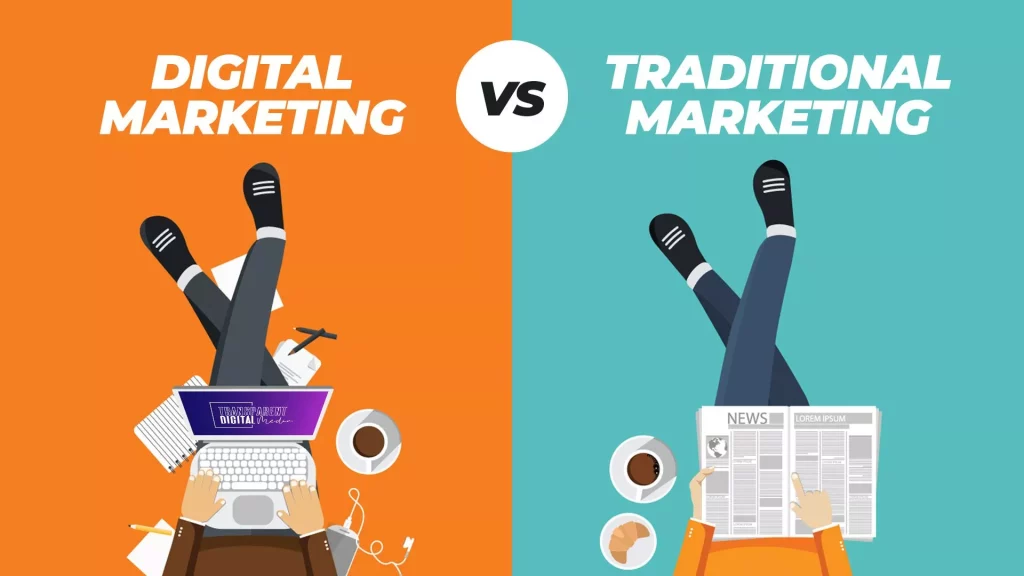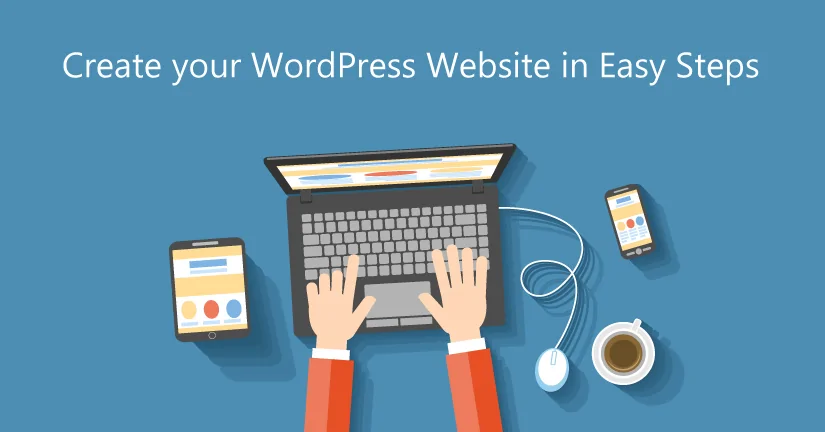Online marketing refers to the practice of promoting products or services through the use of the internet. It is a broad term that encompasses a variety of marketing activities, including search engine optimization (SEO), social media marketing, content marketing, email marketing, and more.
There are several reasons why online marketing may be considered better than traditional marketing methods:
- Reach: Online marketing allows businesses to reach a wider audience more quickly and efficiently than traditional methods. Through the use of websites, social media, and other online channels, companies can reach consumers all over the world.
- Cost: Online marketing is generally more suitable time than traditional marketing methods. For example, it is often cheaper to run a social media campaign or send emails to an extensive list of subscribers than to produce and distribute physical flyers or run a TV ad.
- Targeting: Online marketing allows businesses to target specific groups of consumers more effectively. For example, businesses can use data from online consumer behavior to create targeted ads more likely to be relevant and appealing to specific demographics.
- Measurability: Online marketing provides a wealth of data and analytics that can help businesses measure the effectiveness of their campaigns. This allows businesses to make data-driven decisions about their marketing efforts and optimize their strategies for better results.
- Flexibility: Online marketing is highly adaptable and can easily adjust and change in response to consumer behavior and market trends. This allows businesses to quickly pivot their marketing strategies to meet their target audience’s changing needs and preferences.
Online marketing V/S internet marketing
Online marketing and internet marketing are often used interchangeably. Both refer to the practice of promoting products or services through the internet. However, the terms can have slightly different meanings depending on the context in which they are used.
Online marketing is a broad term that encompasses a variety of marketing activities that take place online. This includes search engine optimization (SEO), social media marketing, content marketing, email marketing, and more.
On the other hand, Internet marketing is a more specific term that refers specifically to the use of the internet as a marketing platform. This may include activities such as
- Paid search advertising (e.g., Google AdWords),
- Display advertising (e.g., banner ads),
- Affiliate marketing (e.g., promoting products through a network of affiliates).
In general, online marketing and internet marketing are similar. They both involve the use of the internet to promote products or services.
Difference between traditional and digital marketing
Traditional marketing refers to marketing techniques that use offline channels to reach consumers. This includes print, radio, television, and outdoor advertising. These techniques rely on mass media to deliver messages to a large audience, and they often have a broad, one-size-fits-all approach to marketing.
On the other hand, Digital marketing refers to marketing techniques that use online channels to reach consumers. This includes websites, social media, email, and mobile apps. Digital marketing allows businesses to target specific groups of consumers and deliver personalized messages through various channels.
Overall, both traditional and digital marketing have their strengths and limitations. The best approach for a business will depend on its goals, audience, and resources.
In conclusion, traditional and digital marketing are critical and effective methods of promoting a business and its products or services. Traditional marketing includes techniques such as print advertising, billboards, and TV and radio commercials, while digital marketing includes tactics such as social media advertising, email marketing, and search engine optimization.
Both traditional and digital marketing have their strengths and weaknesses, and the most effective marketing strategy will often involve a combination of both. Traditional marketing can be particularly effective for reaching large, broad audiences, while digital marketing can be more targeted and measurable.
Ultimately, the choice between traditional and digital marketing will depend on a business’s specific goals and resources, as well as the preferences and behavior of its target audience. By understanding and utilizing the strengths of both traditional and digital marketing, businesses can create a well-rounded and effective marketing strategy that helps them reach and engage their target audience.



